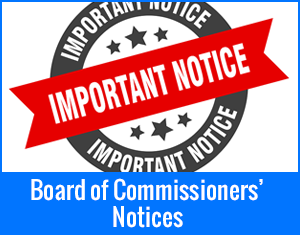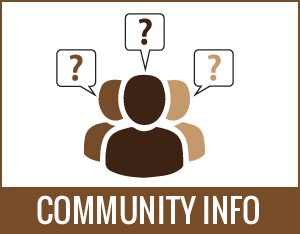
- By Dewanna Hamlin
- Posted Monday, June 13, 2022
Elder Abuse Awareness Day reminds us domestic violence can happen at any age
Domestic violence doesn’t discriminate when it comes to age. Seniors also experience abuse at the hands of intimate partners, as do their younger counterparts. Every year, World Elder Abuse Awareness Day on June 15 highlights issues of abuse and neglect of older persons, including domestic violence.
According to the National Center on Elder Abuse (NCEA), 90 percent of the abuse of elders occurs by family members, most often spouses, but also partners or adult children. Unfortunately, only 1 in 14 cases of elder abuse are reported to law enforcement.
Domestic violence later in life involves a pattern of coercive tactics, in which the abuser uses power and control through threats, intimidation, manipulation around finances, and sexual violence. Individuals who behave this way toward intimate partners can be persuasive and try to convince friends, family members and caregivers that they are being helpful, often blaming the victim for injuries and loss of resources. Abuse in relationships with older adults affects people regardless of socioeconomic status, race, ethnicity, sex, gender, or education.
Silence continues to be a factor in keeping all victims, regardless of age, isolated from friends, family members, and other helpful resources. Some of the reasons elders may keep domestic abuse hidden include:
- Financial dependence on their partner
- Fear of being alone after a long-term relationship or marriage
- Anxiety about, or threats of, being institutionalized or placed in a nursing home
- Lack of family or support systems nearby
- Duty toward religious or cultural beliefs regarding marriage or caregiving for spouse
- Not wanting to burden loved ones about injuries when chronic illness or ill health is present
- Fear that accessibility to health care or assistive devices will be denied by the abusive partner
- The desire to keep family business private
- Feelings of shame and embarrassment
- Inability to live on their own and loss of independence or autonomy
- Lack of resources to secure needs such as safe housing and legal assistance
“Bridges to Hope Family Justice Center provides services with partners onsite and offsite, to adults who experience intimate partner violence regardless of age,” says DeWanna Hamlin, Director of the Center. “This process incorporates assistance from a Client Navigator to connect clients to law enforcement, victim advocacy and safety planning, filing for the Ex Parte Emergency Domestic Violence Protective Order, counseling, and other referrals.”
Bridges to Hope Family Justice Center of Forsyth County is located at 725 N. Highland Avenue, Annex 1, Winston-Salem, NC, 27101. It’s open Monday-Friday 8:30 am-4:30 pm. and can be reach at 336-776-3255 or at https://forsyth.cc/ffjc/.






